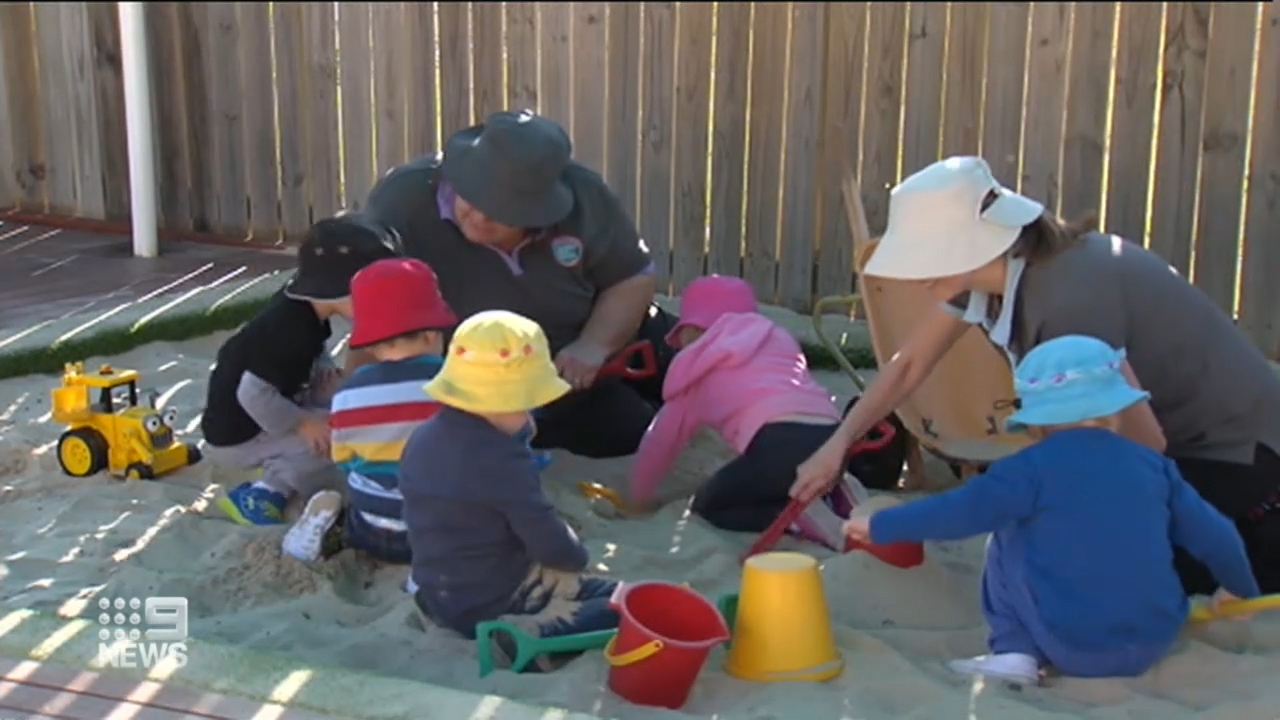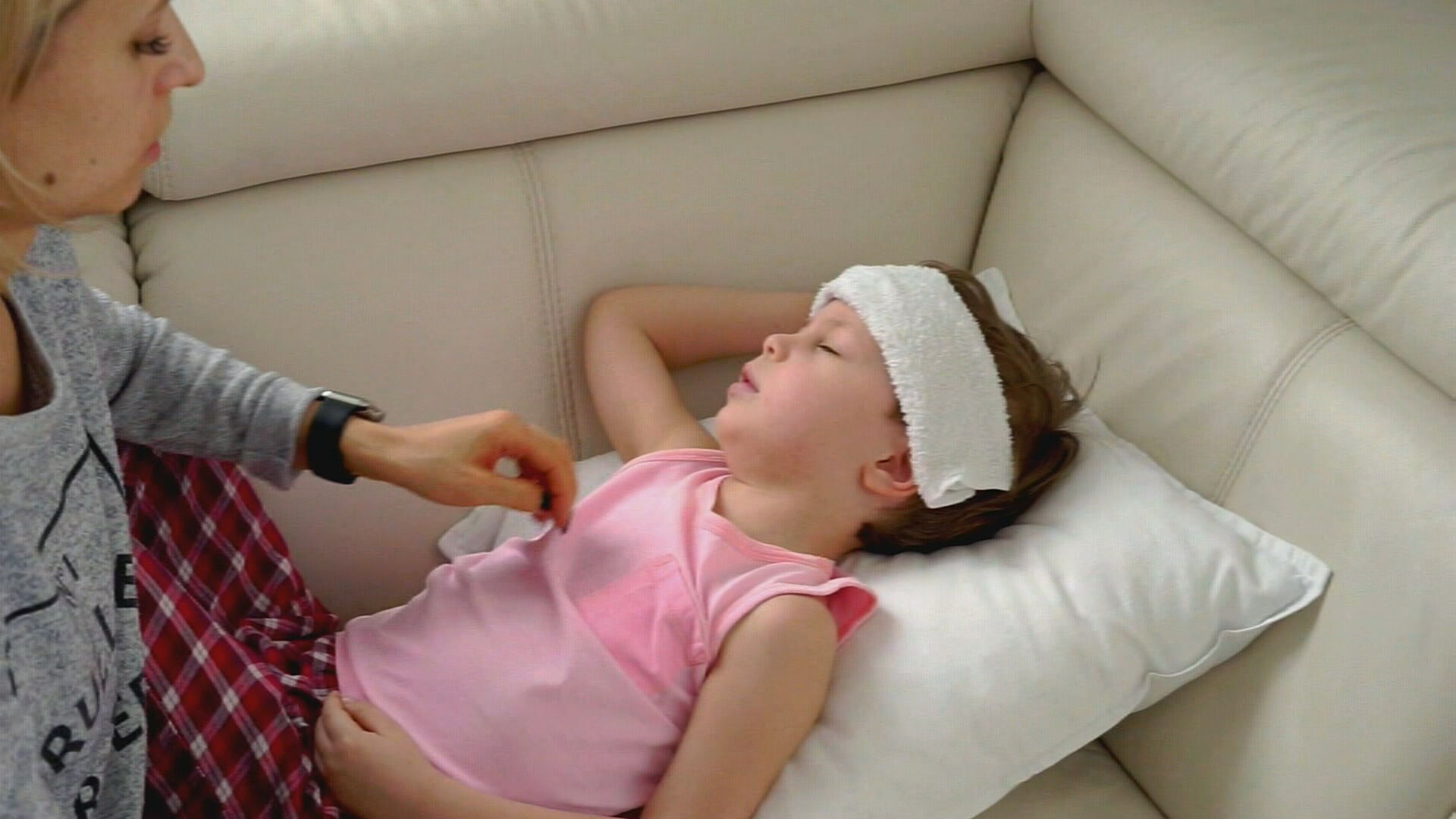Victorian childcare services are experiencing a surge in cases of viral gastroenteritis, with case numbers almost three times higher than what they were last year.
The Department of Health has recorded 56 outbreaks gastro in childcare centres since the start of November, while there were just 19 during the same period in 2020.
Authorities say the outbreak has been fueled by young children, who are more susceptible to passing on viruses, congregating again after the COVID-19 lockdown ended in October.
READ MORE: Victoria records 1503 new cases of COVID-19 as testing sites swamped

A outbreak of viral gastro earlier this year after an easing of COVID-19 restrictions saw 389 outbreaks in childcare up to the end of April, which was four times higher than the average for the time of year.
Chief Health Officer Professor Brett Sutton said childcare workers, children and families were all responsible for limiting the spread of the highly infectious illness.
He said handwashing with soap and water was the best defence against gastro, and that children needed to be taught to wash their hands properly.
"A good old-fashioned scrub with soap and warm water is the best way to remove the gastro virus from our hands and prevent passing it on to infect others," he said.
Professor Sutton it was up to childcare services to have good hygiene practices to respond quickly with thorough cleaning if children became ill, and up to families to keep their children home from early childhood services until 48 hours after they recovered from having gastro.
READ MORE: Stark warning from man whose skin cancer spread to brain

Anyone recovering from gastroenteritis should avoid visiting hospitals, early childhood services and aged care facilities to avoid spreading the infection to those most vulnerable.
Any person living in a household with someone who has gastroenteritis should refrain from visiting these high-risk facilities until at least 48 hours after the last person in the household has recovered.
Symptoms of gastro, which can taken up to three days to develop, include nausea, vomiting, diarrhoea, fever, abdominal pain, headache and muscle aches.
Symptoms typically last for one to two days.
If symptoms are severe or they persist, people should see a GP.
